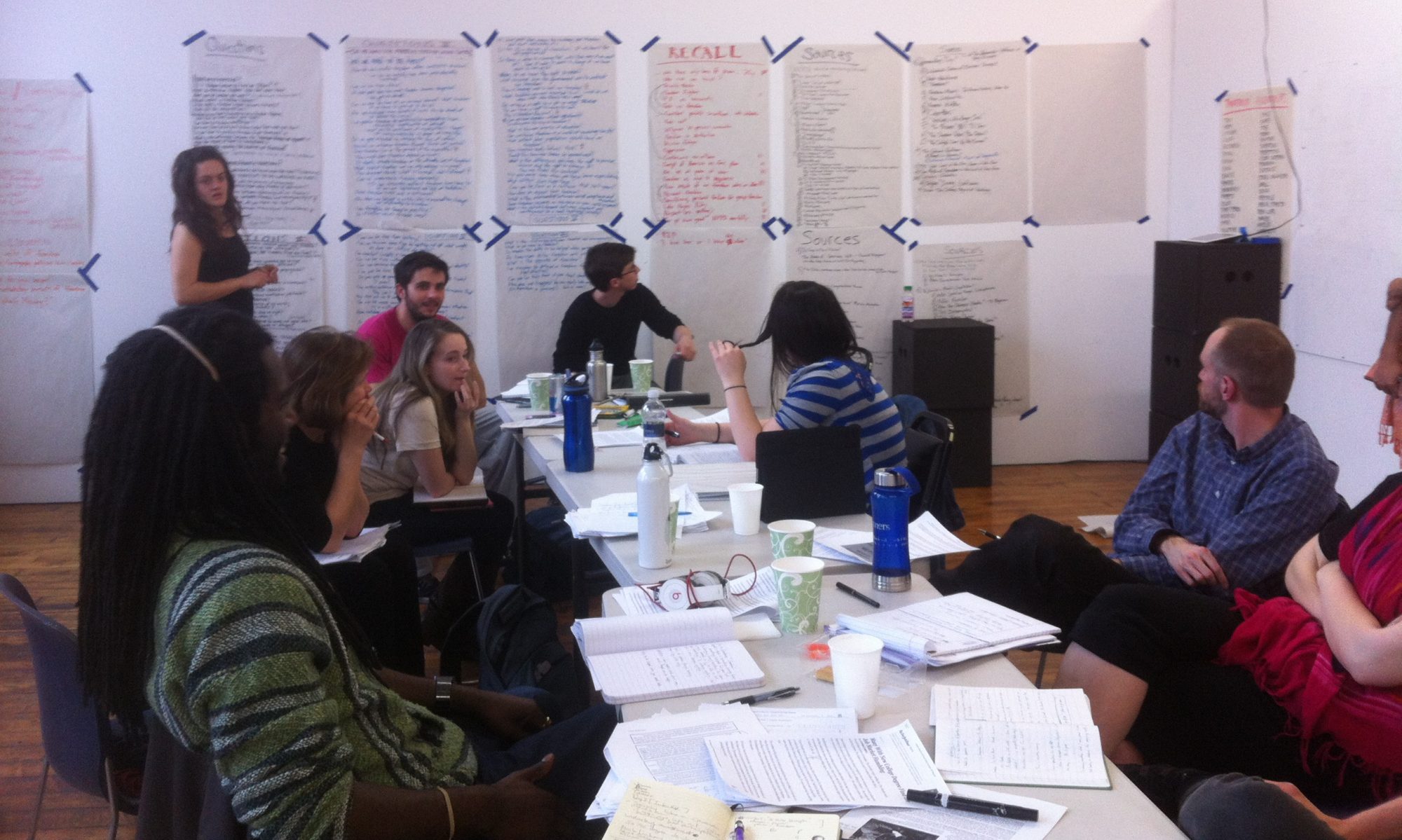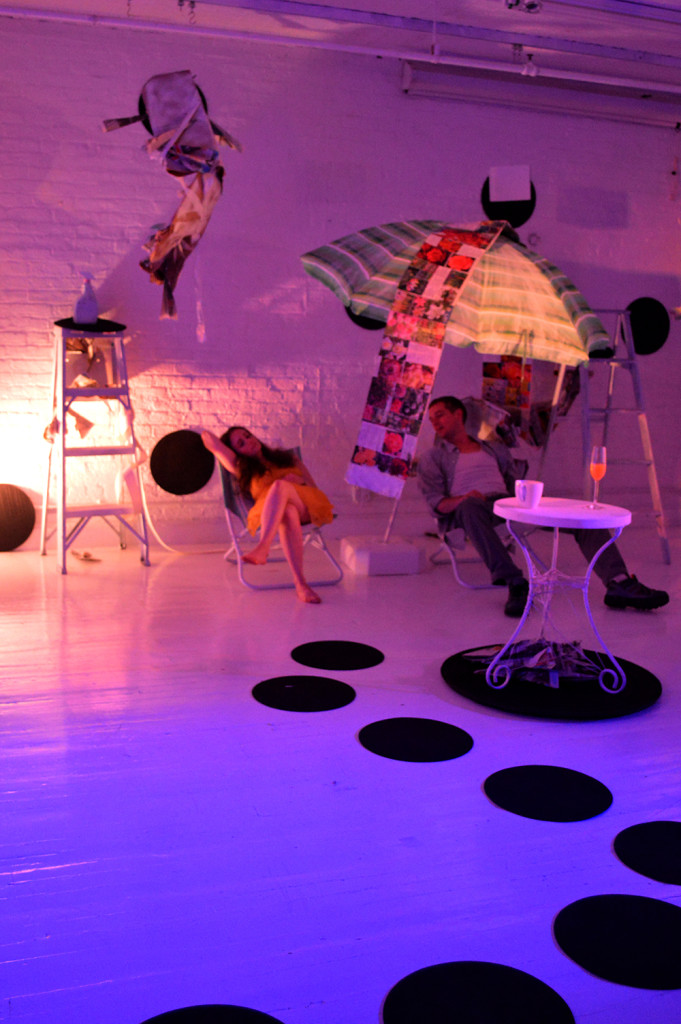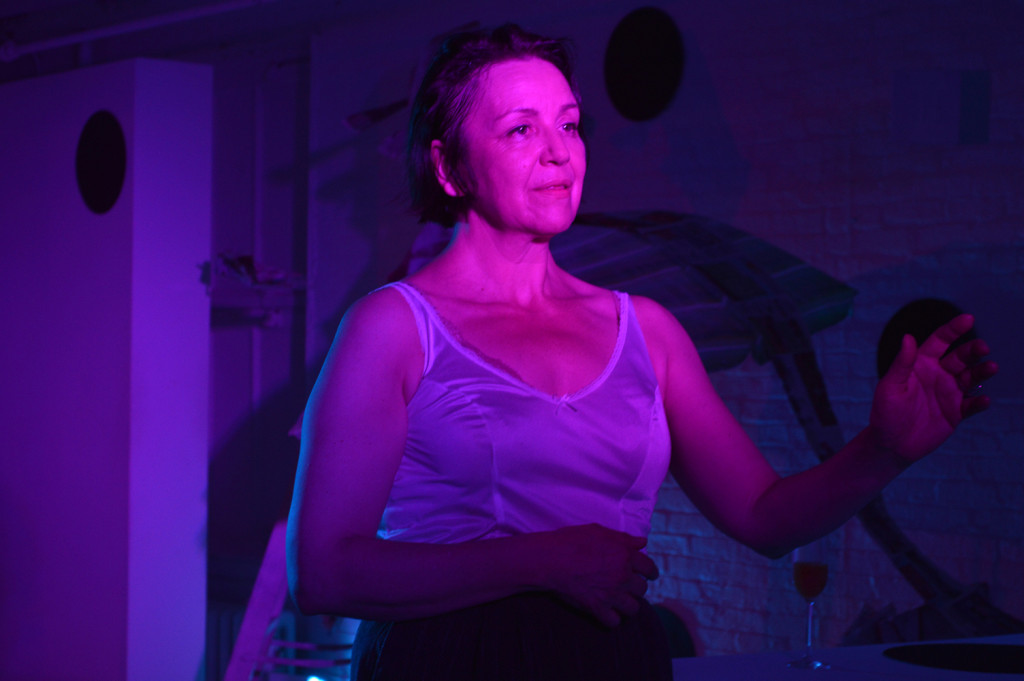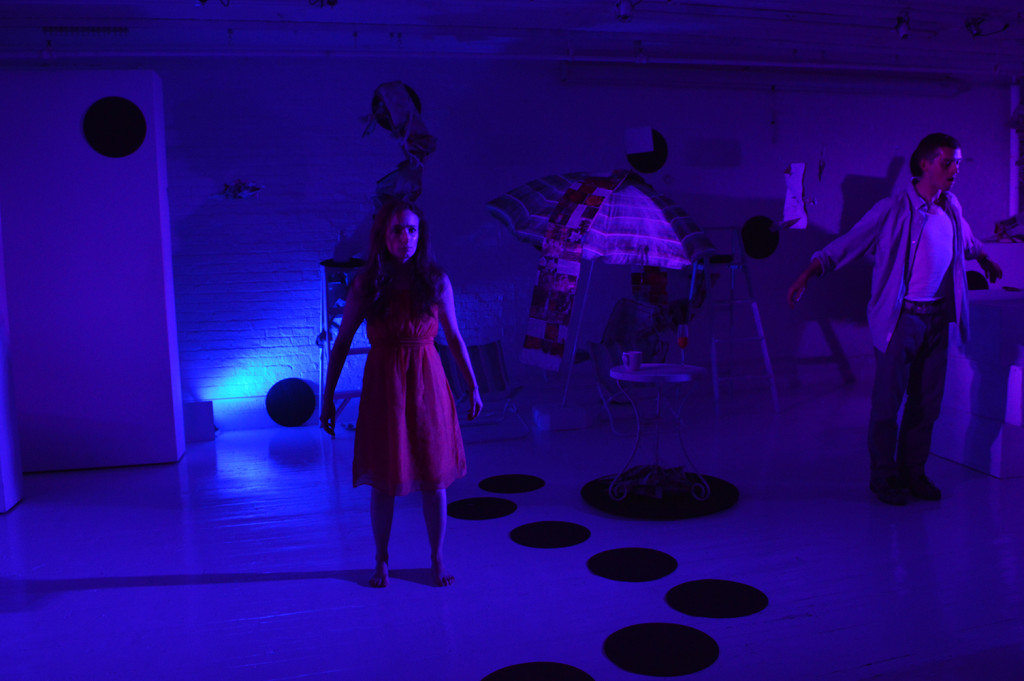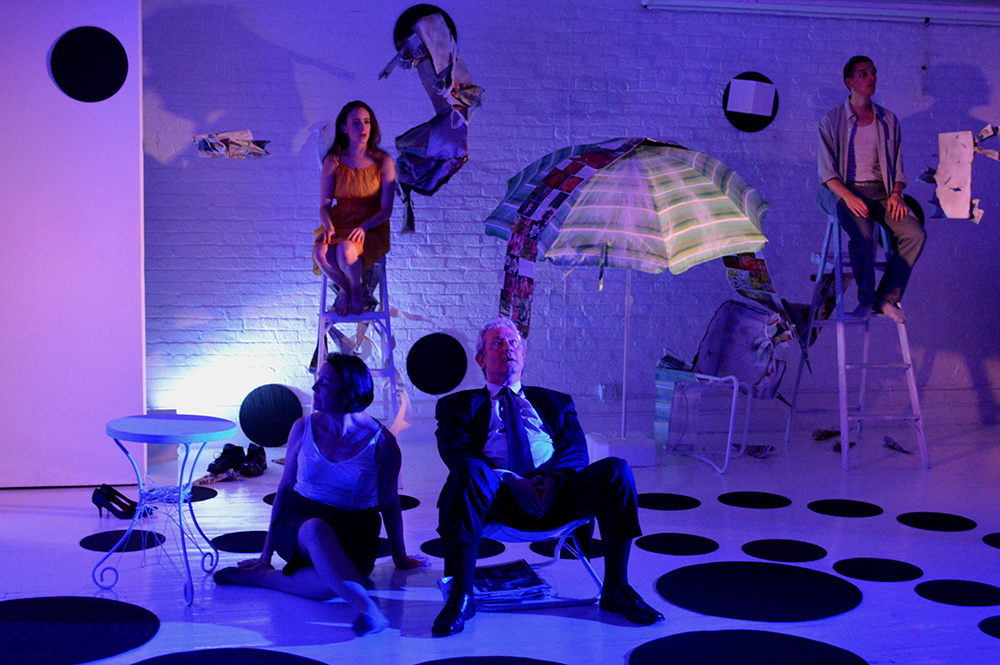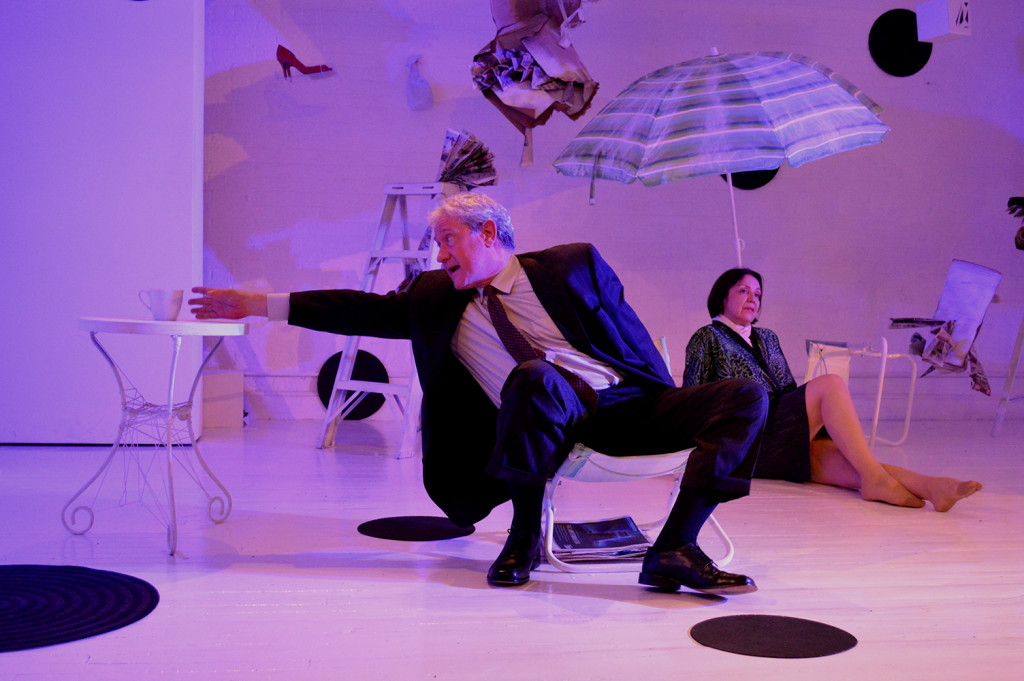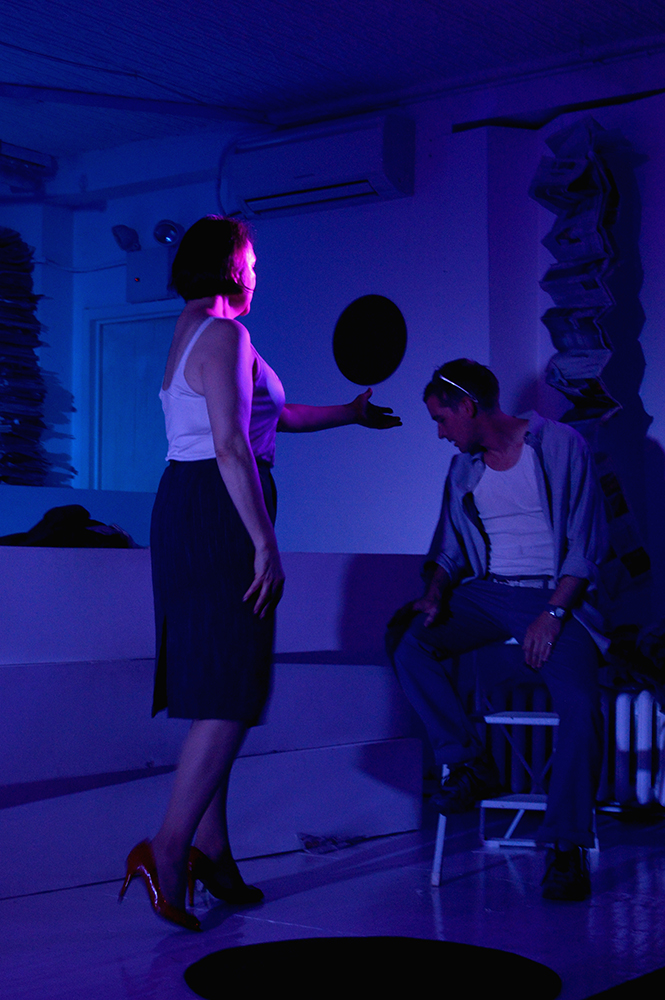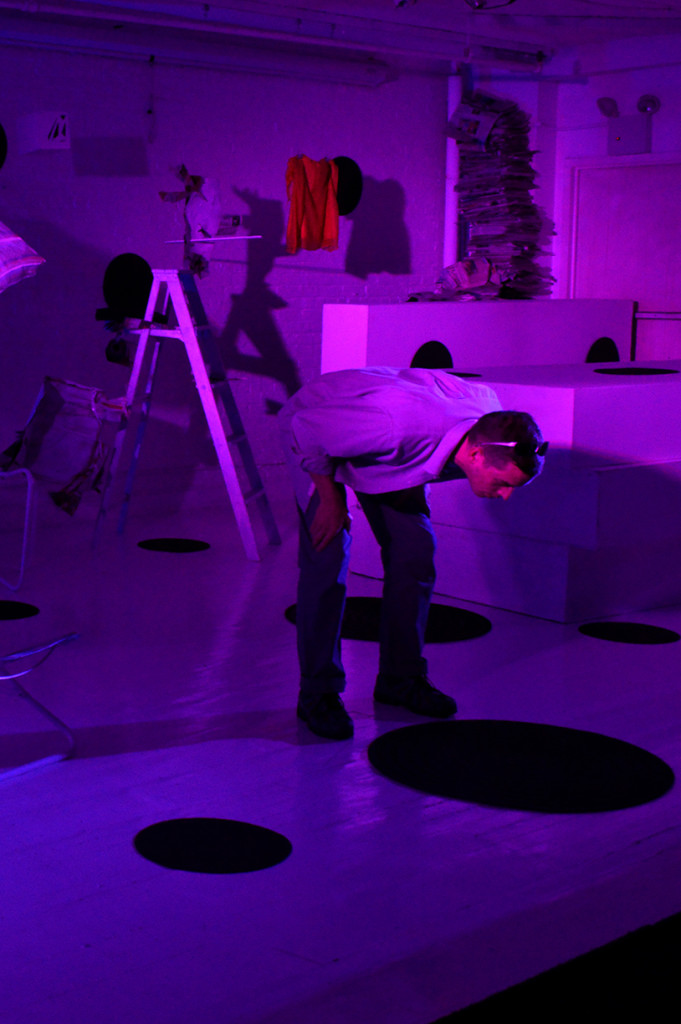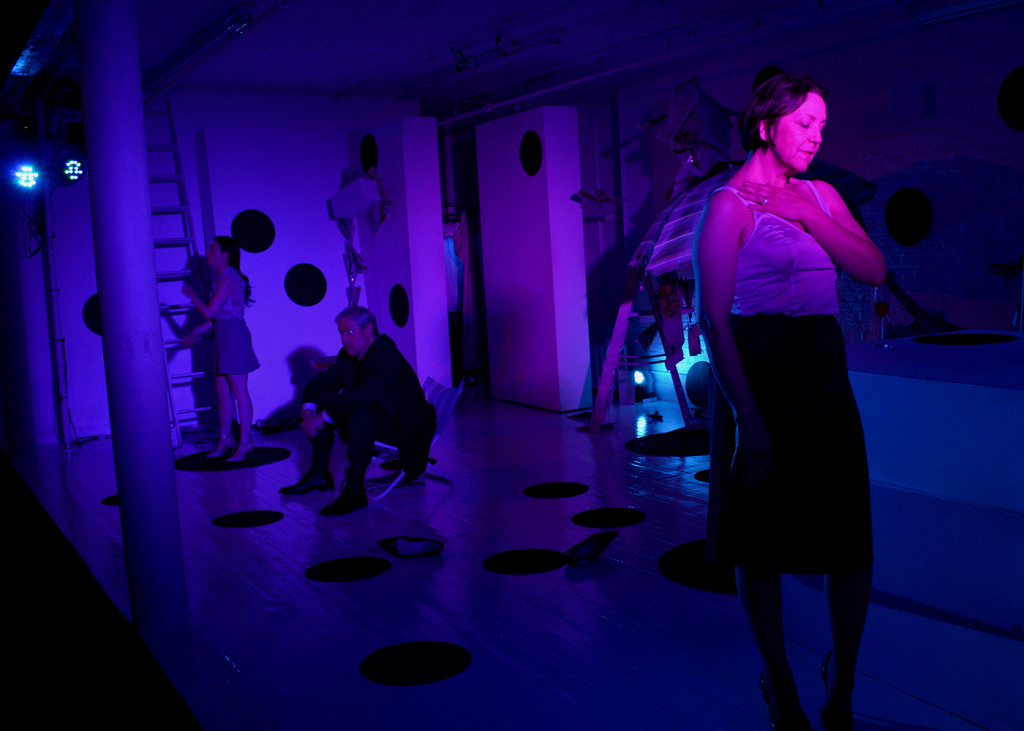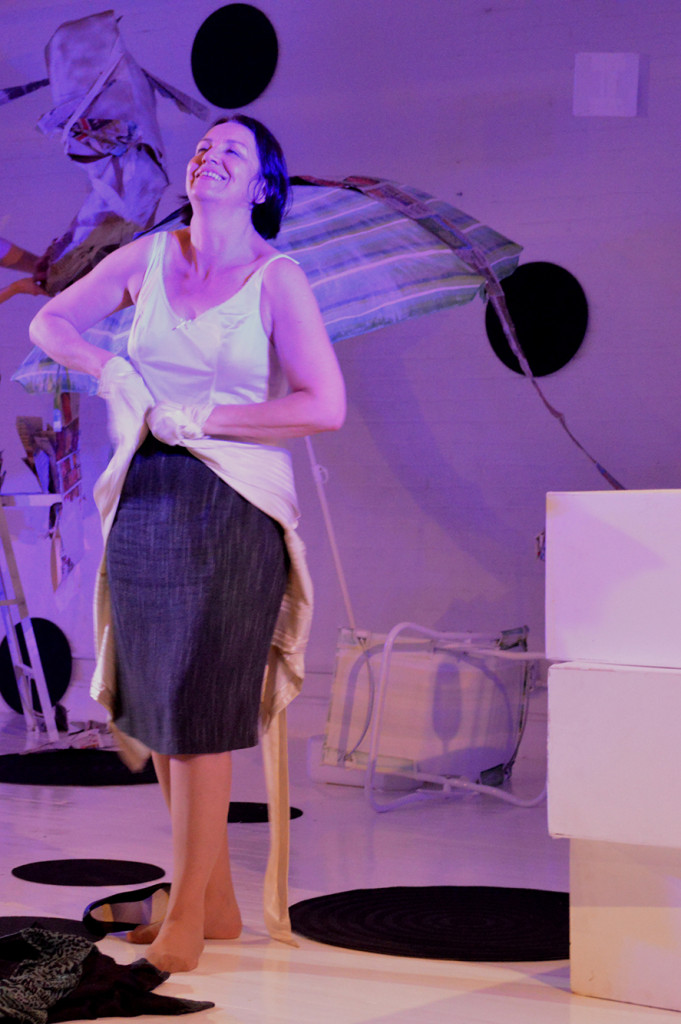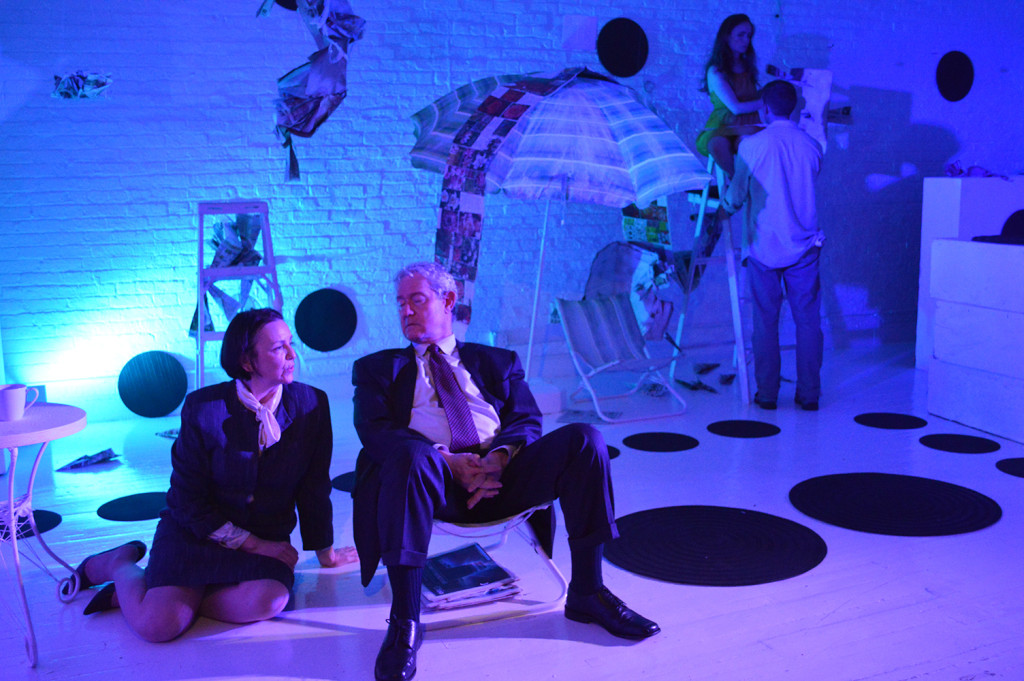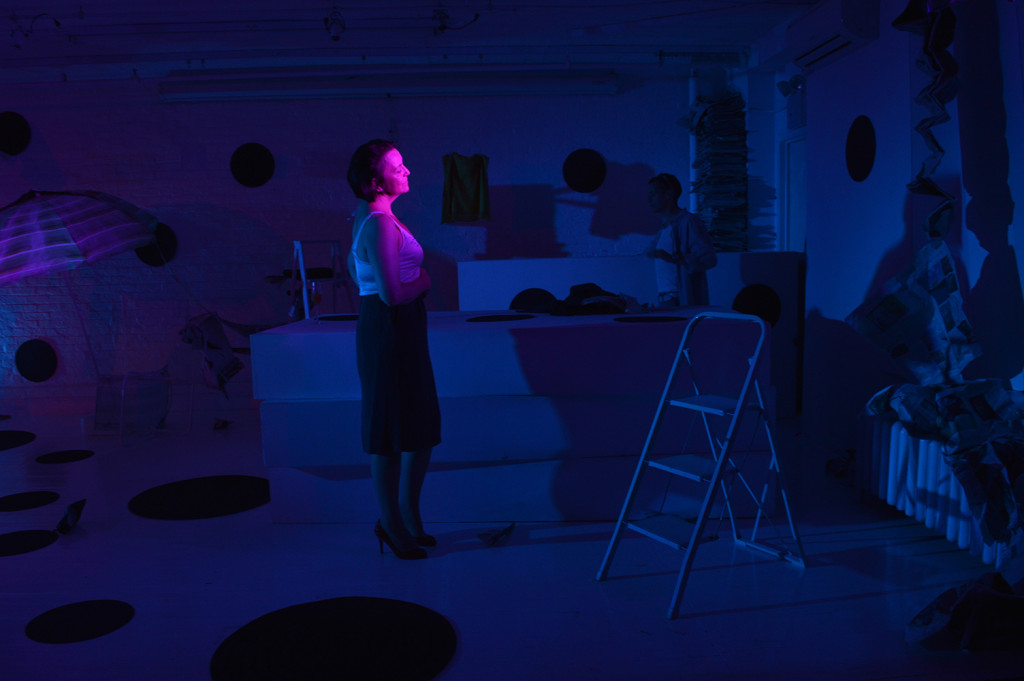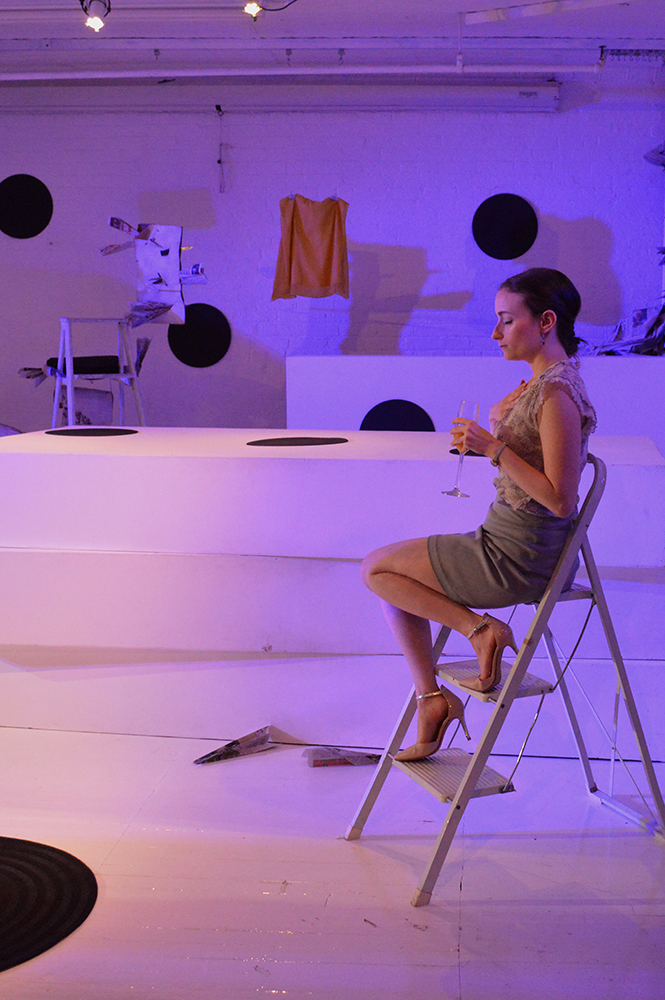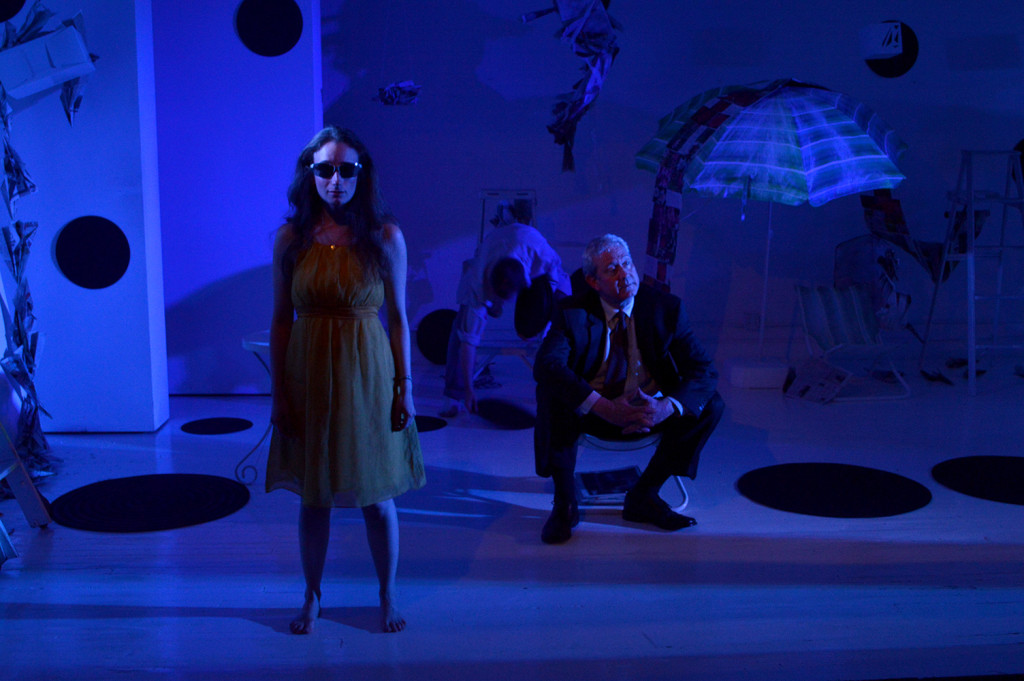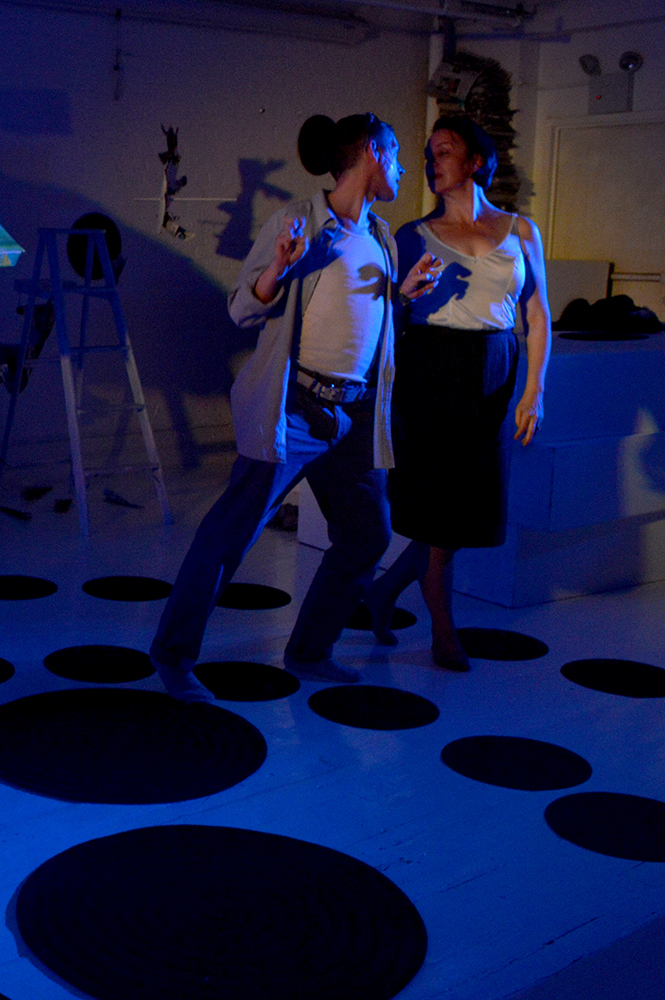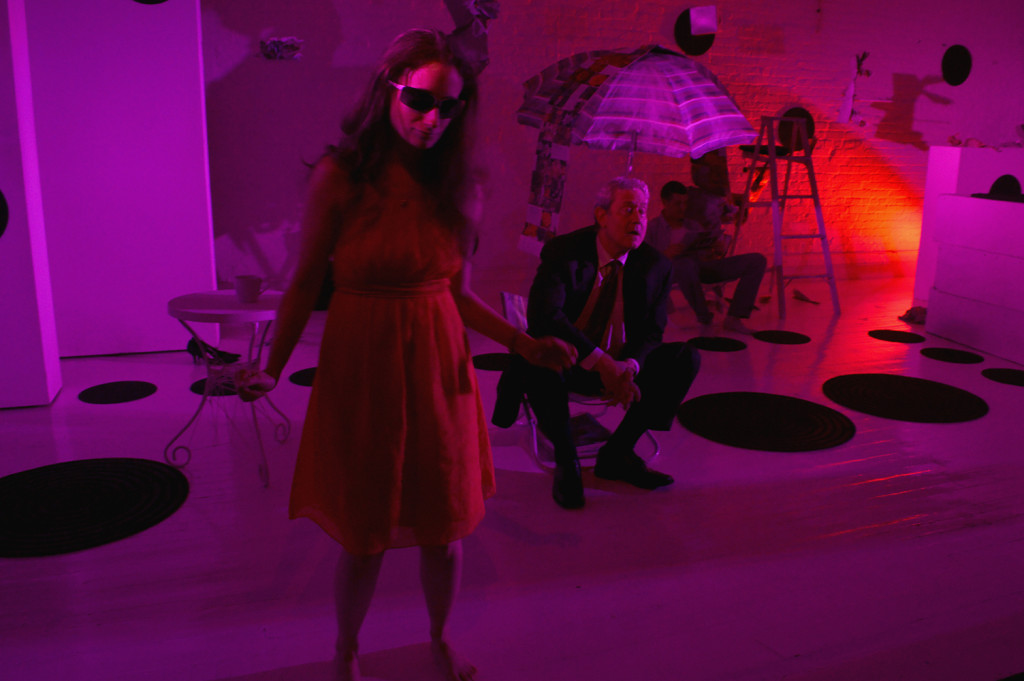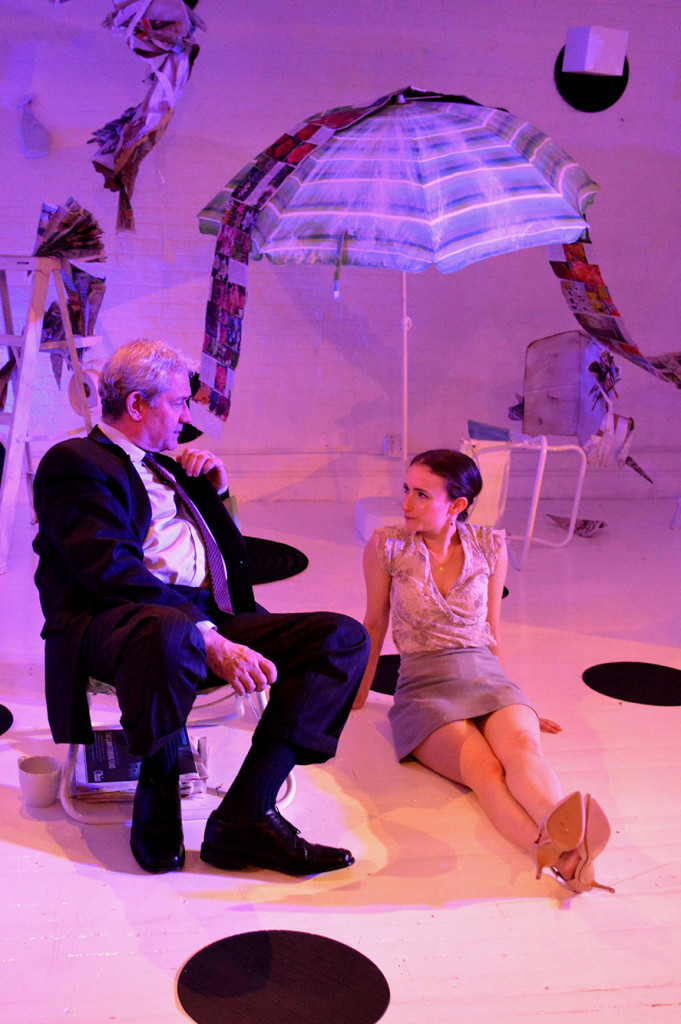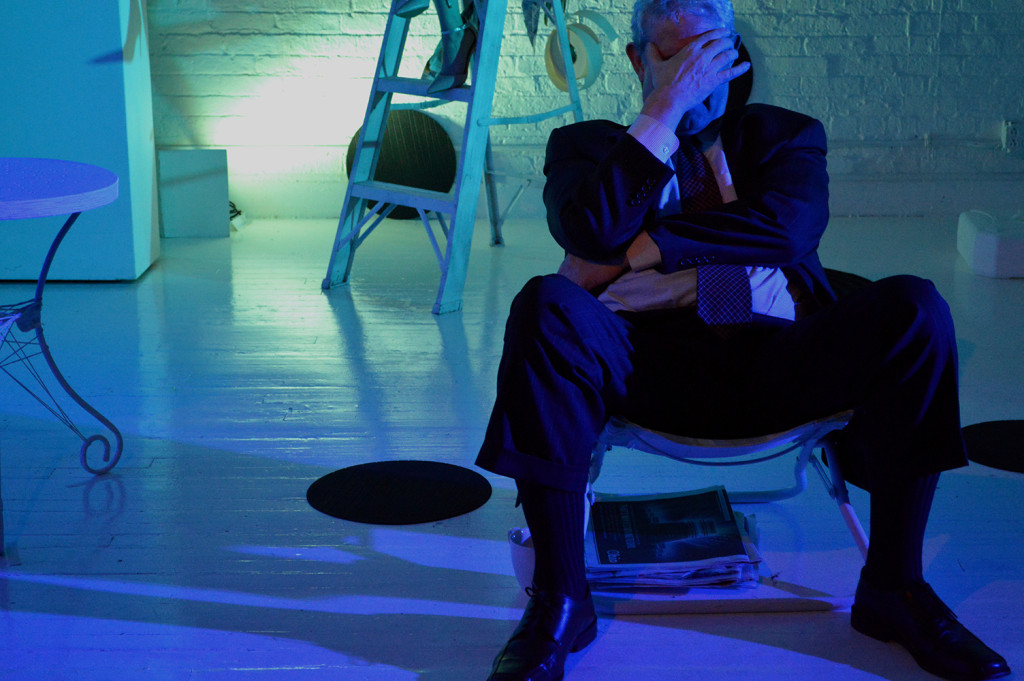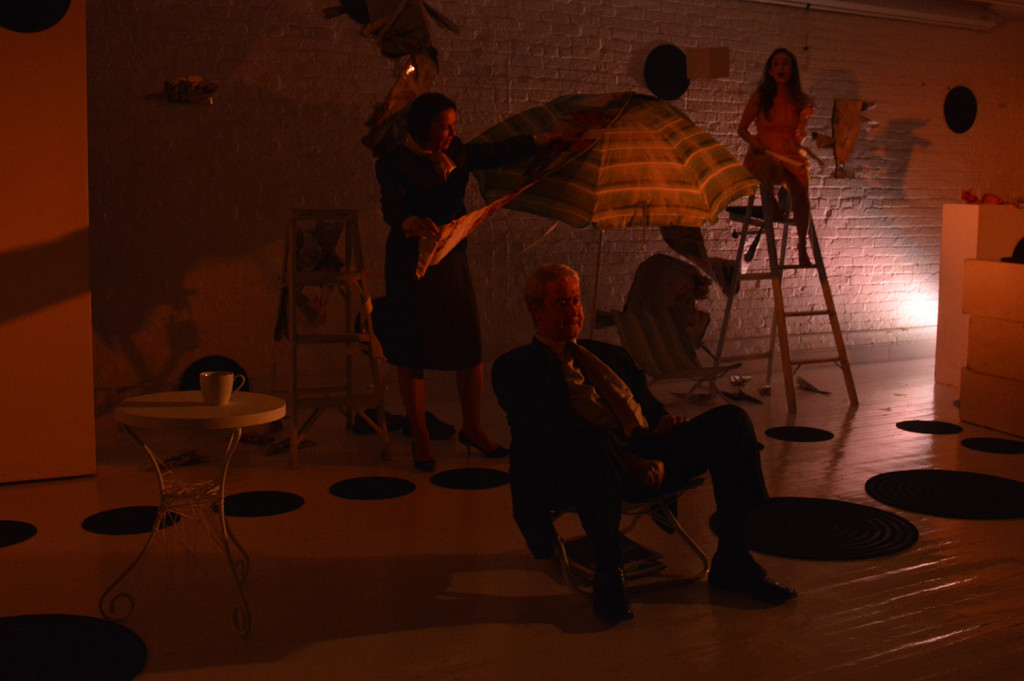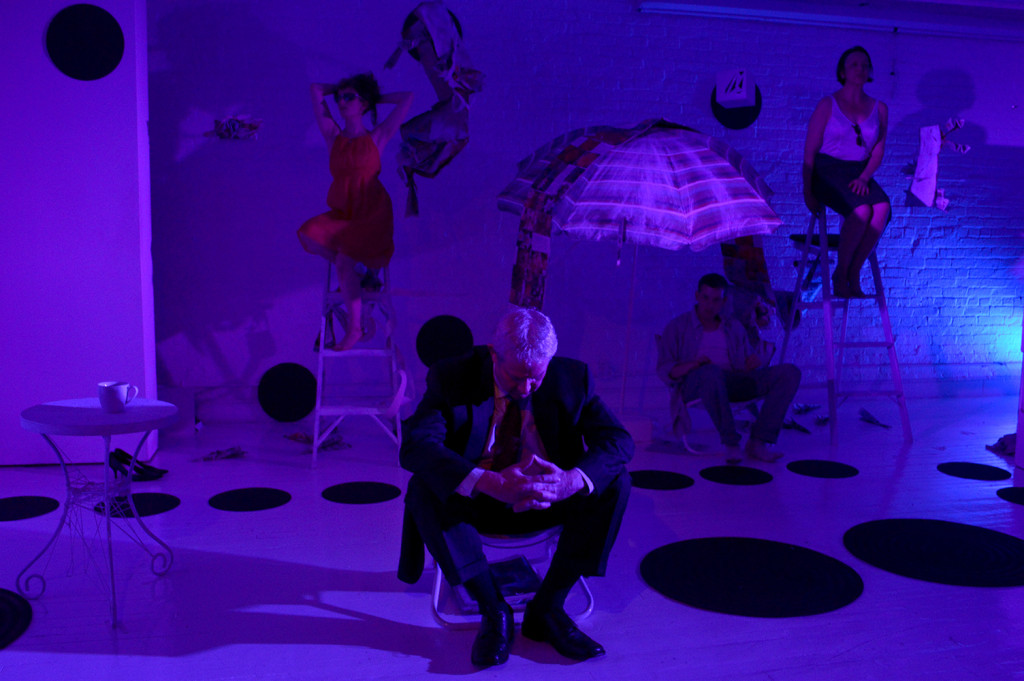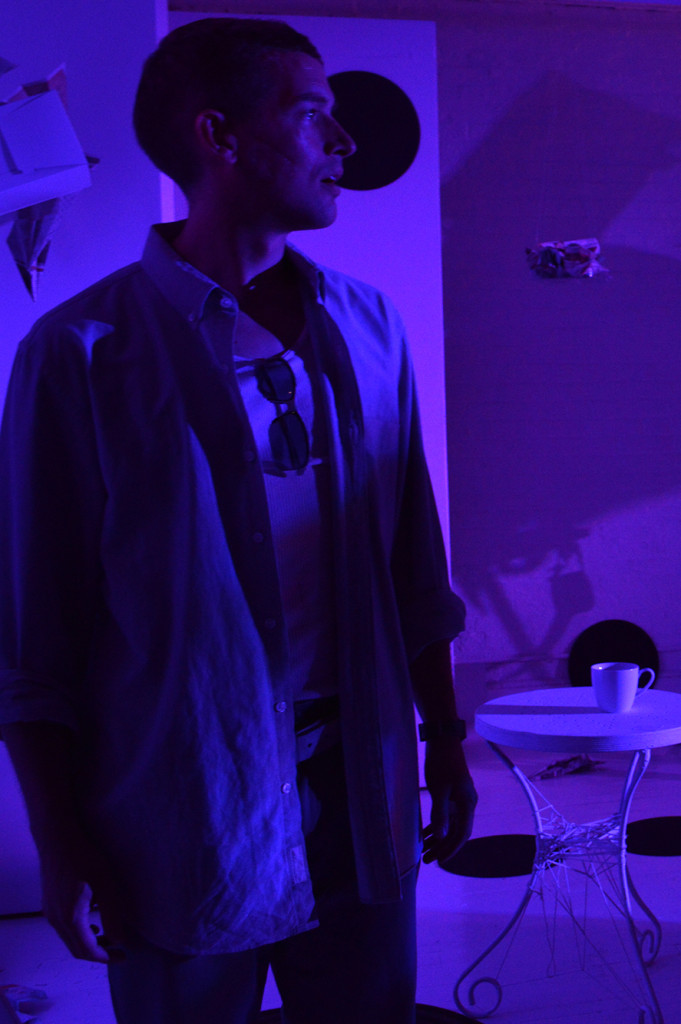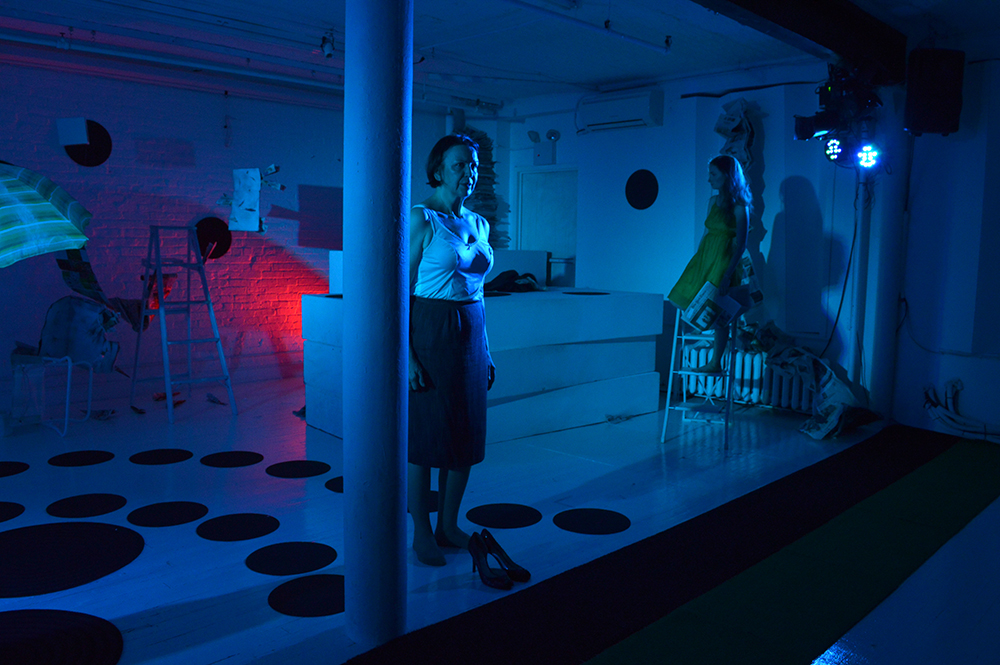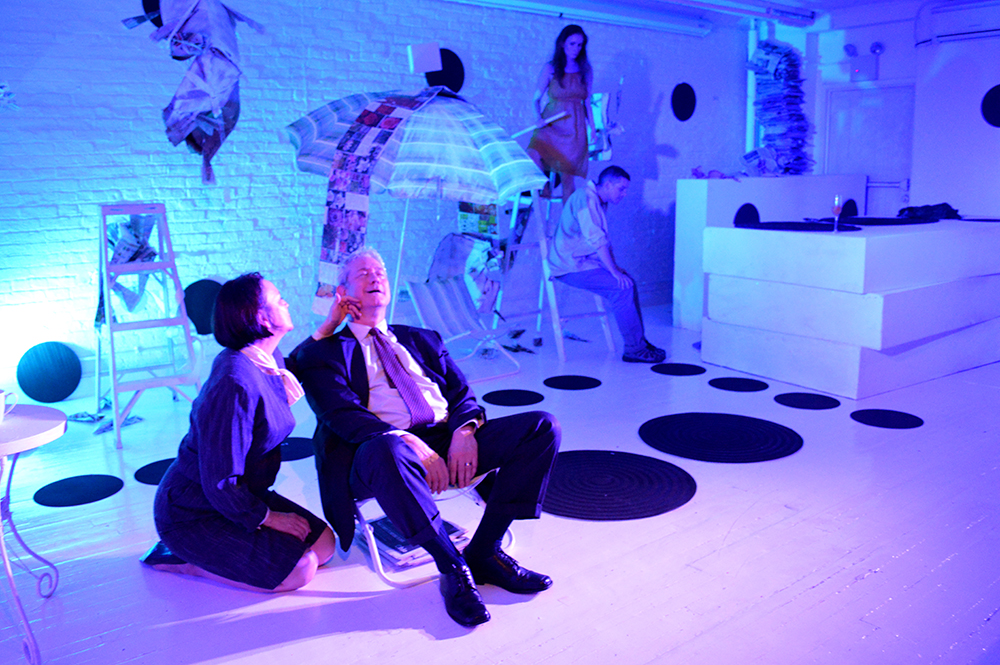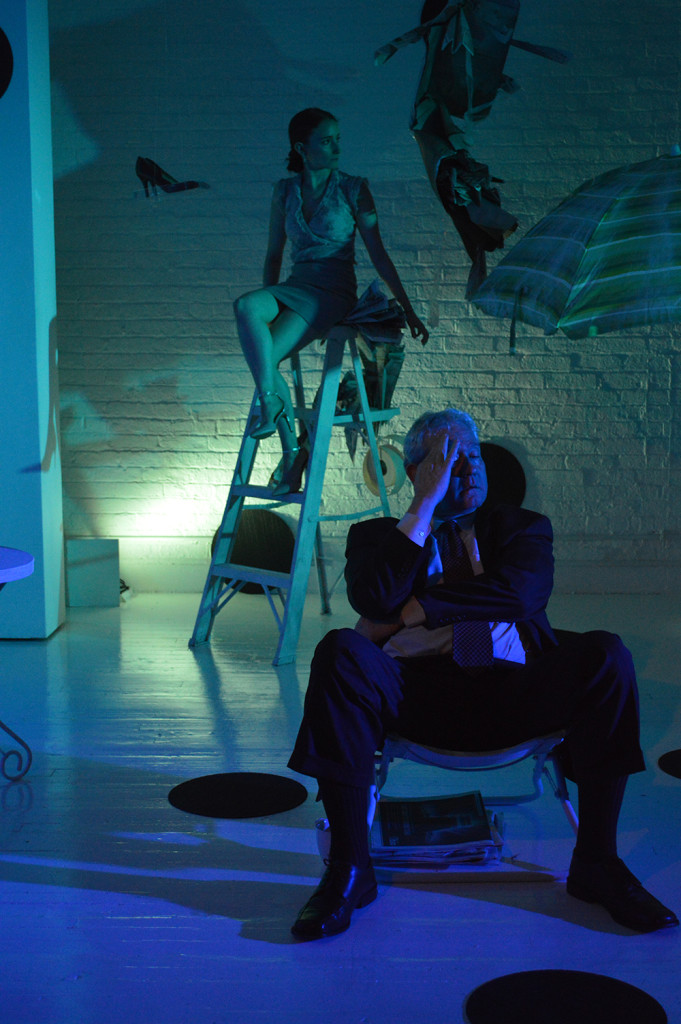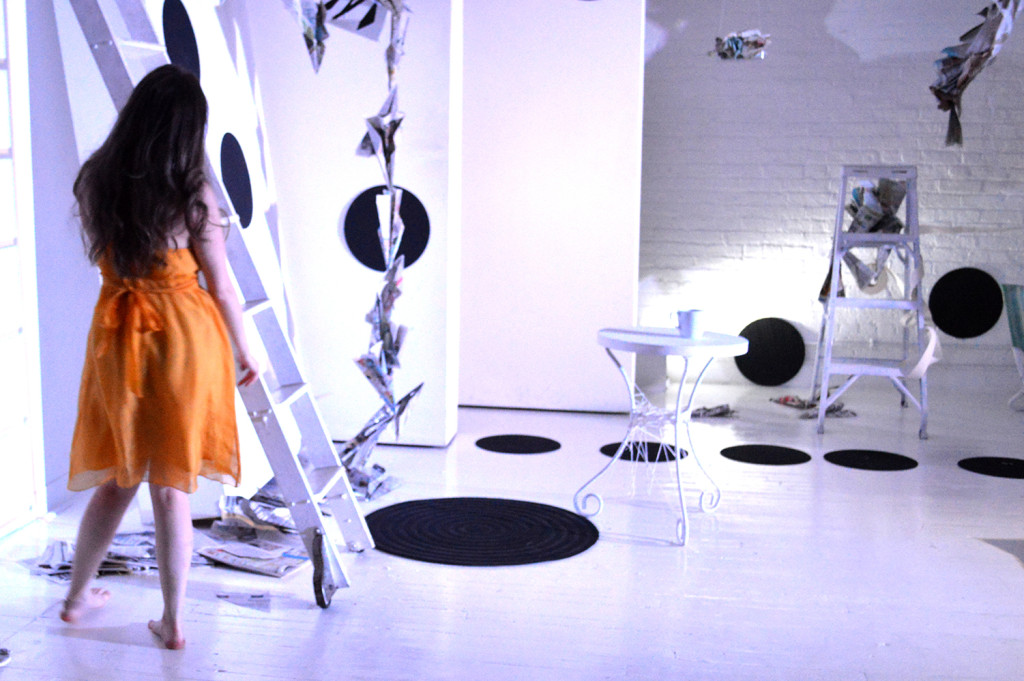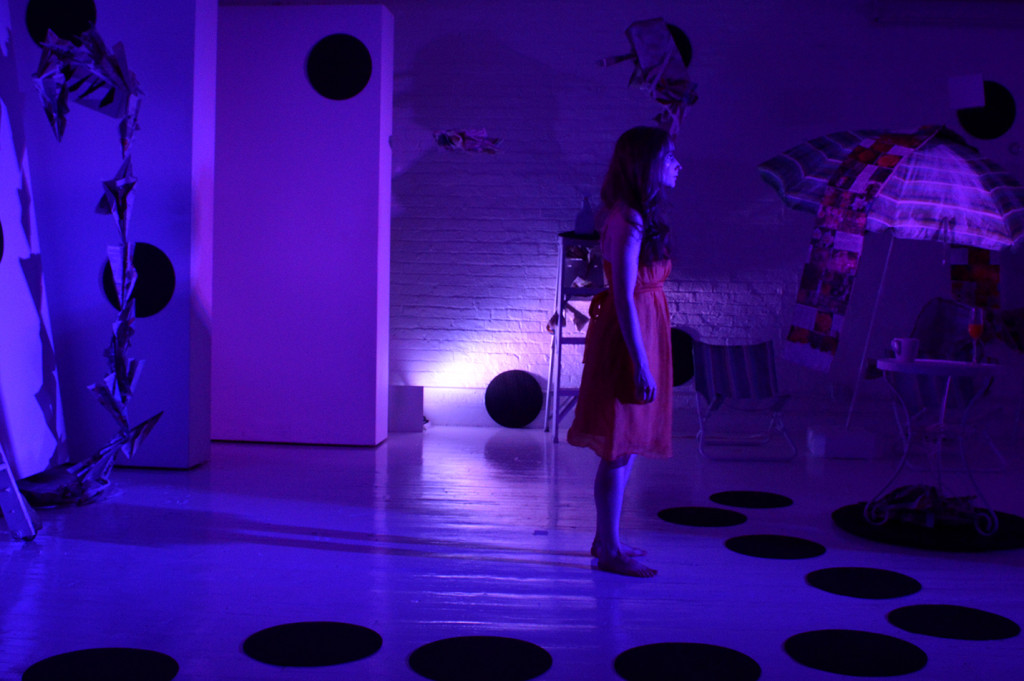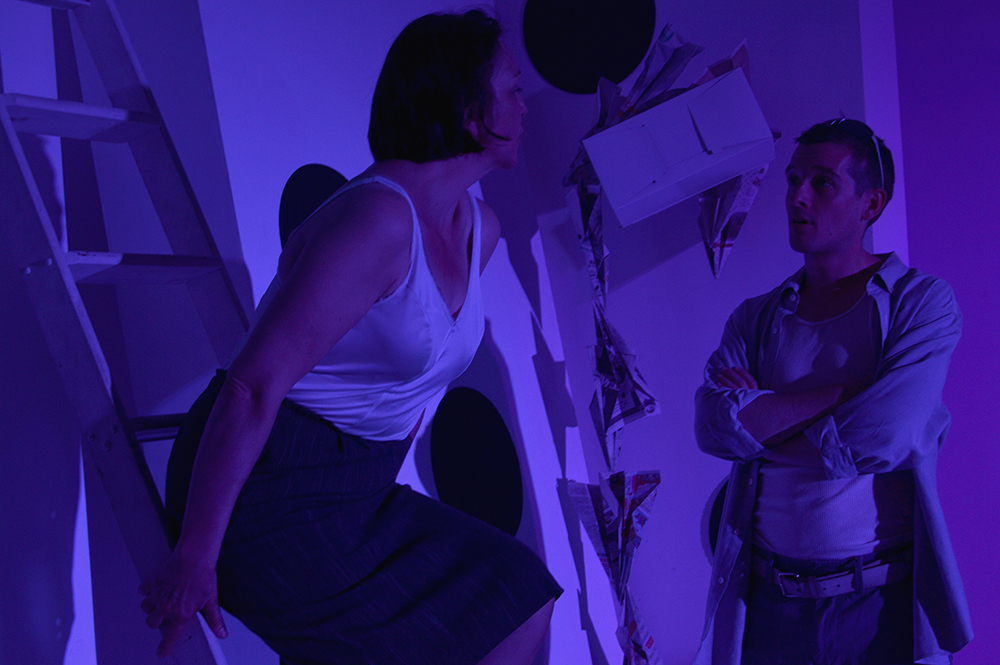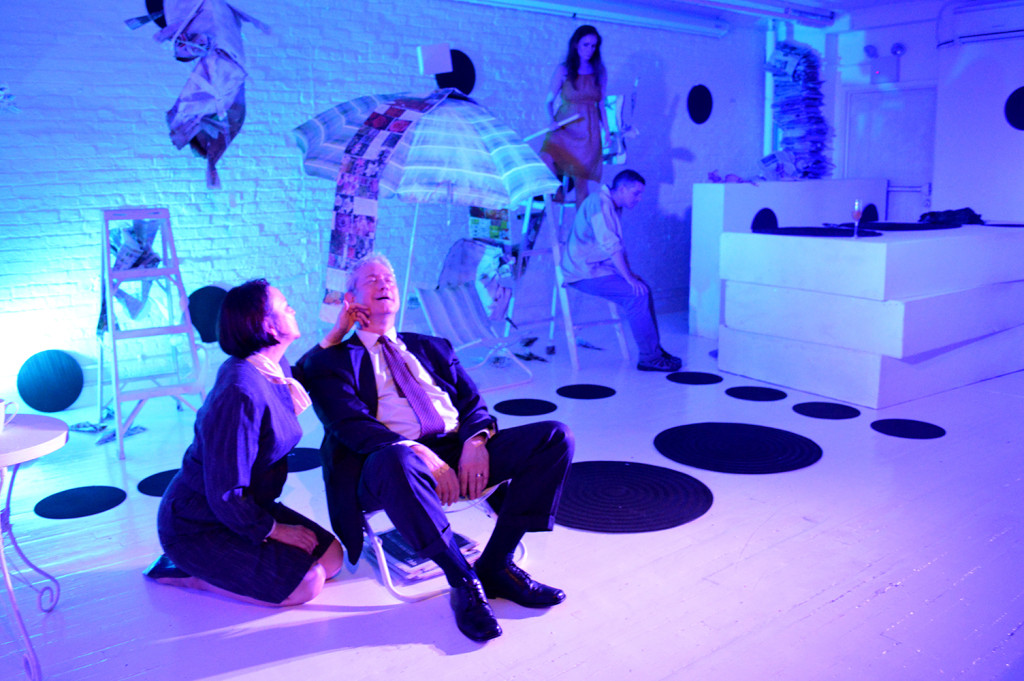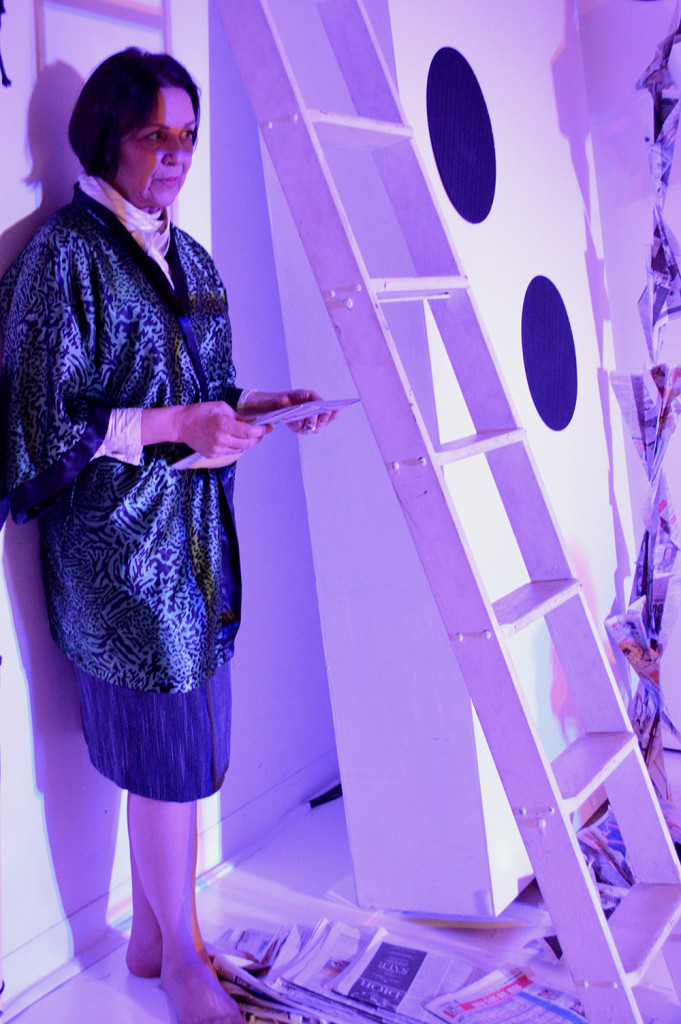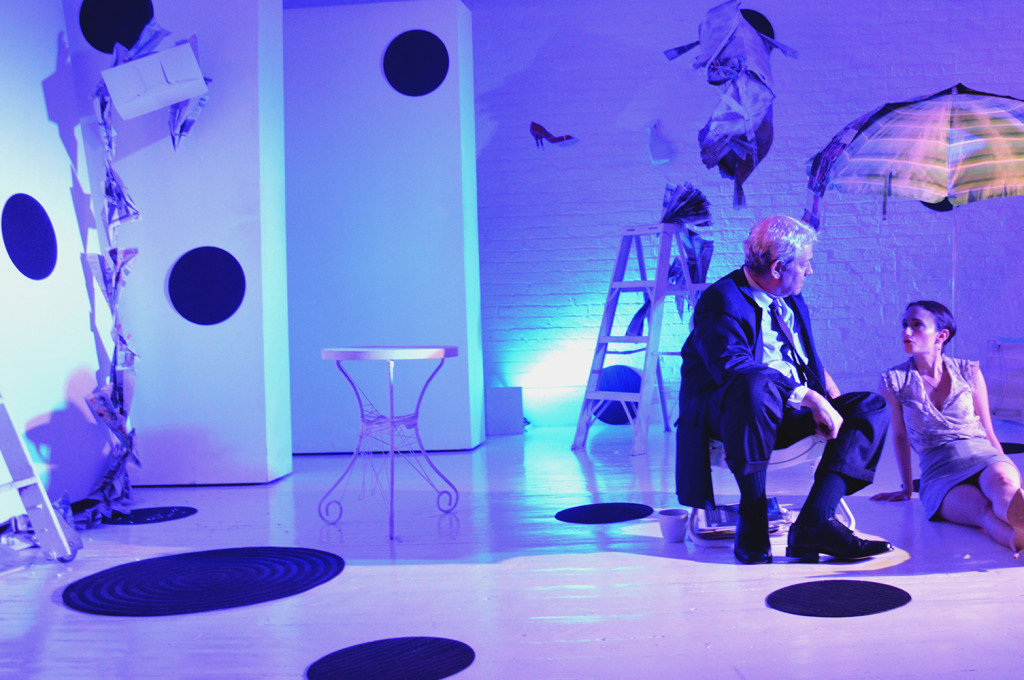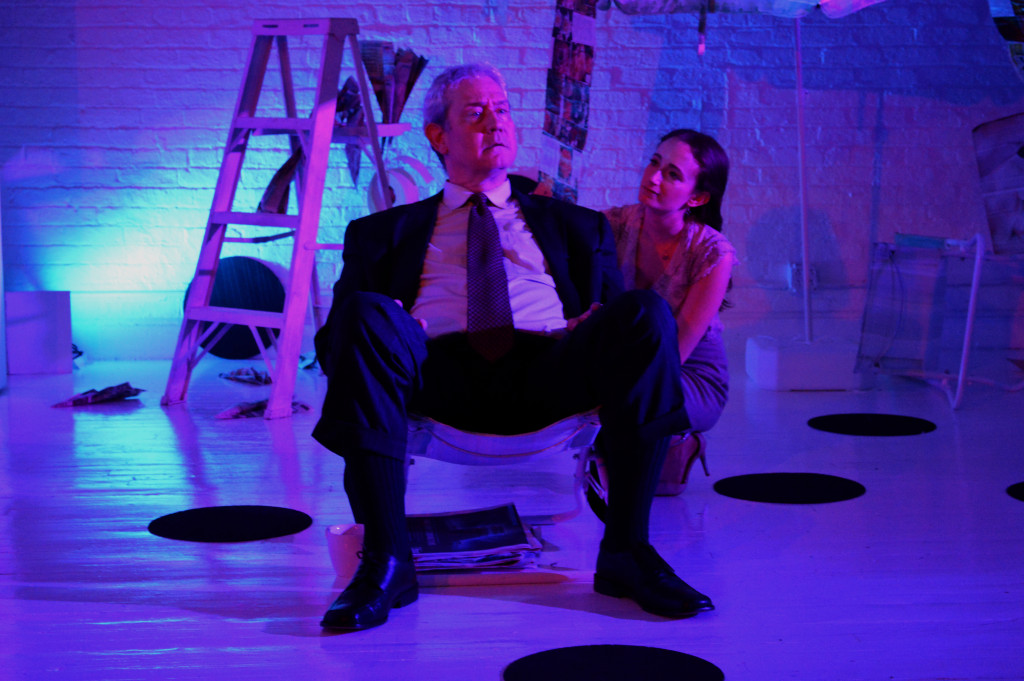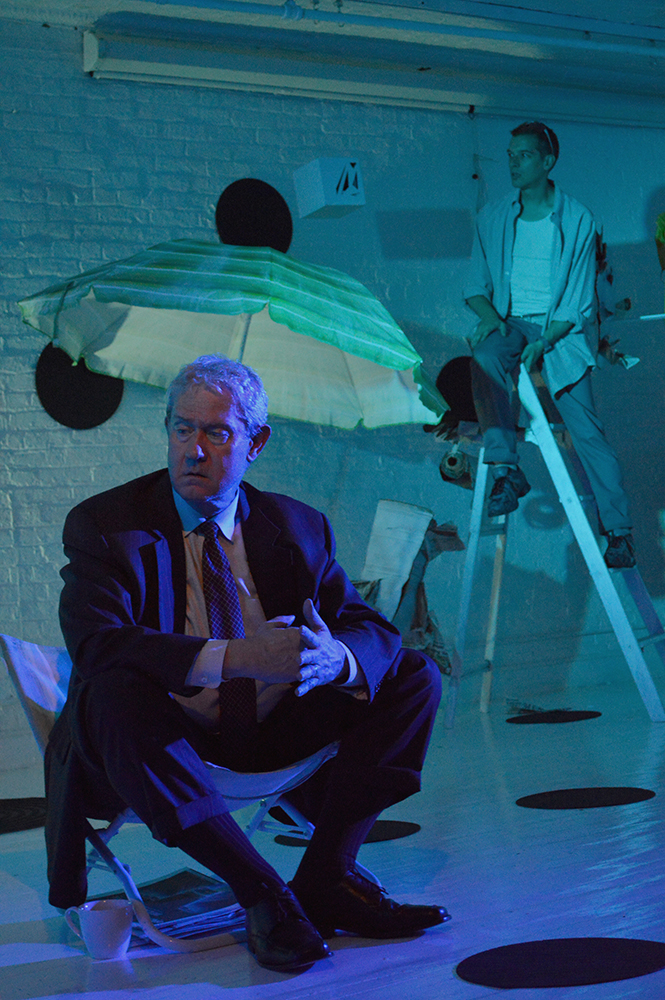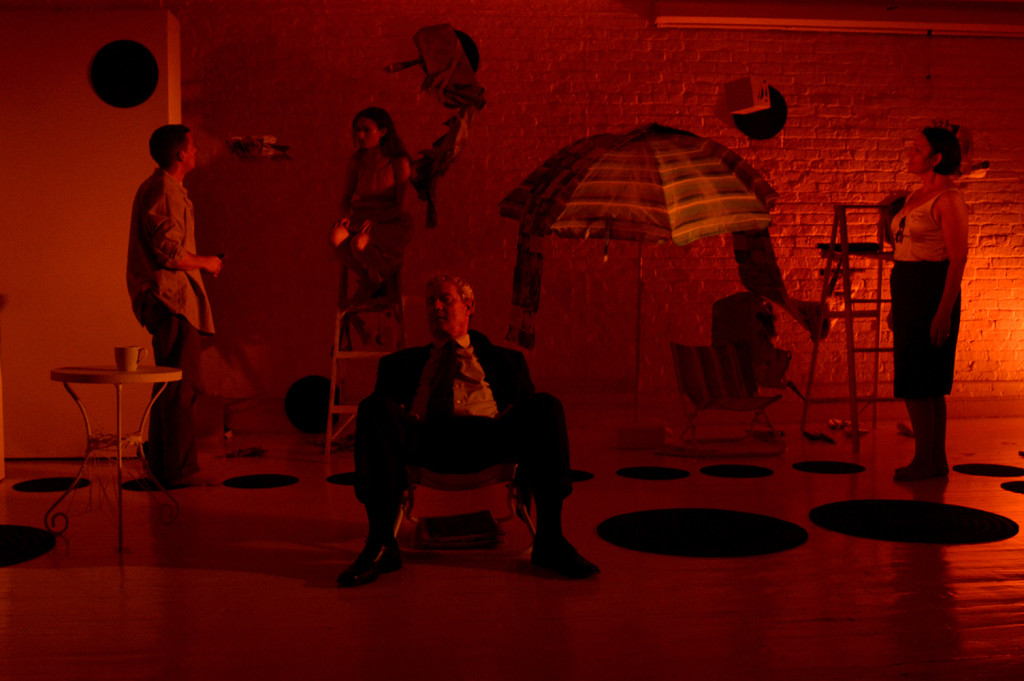Yesterday I talked about the nuances of being an artist who’s a fan of another artist — how far that can go. Today I’ll draw you into the next step: How the artist gets to know fans.
How does an artist get to know other fans? Start small. Share some of your work freely (a story, a poem, an article, a good quality photo, comic, or painting. Are you willing to give one away?
I do. I write in many formats, draw, produce performances, and record music and give about 5% of my fiction and poetry away. For my fans, there would still be plenty more works to share, and sell. I still hold the copyright. Sharing some work is a low-res way for people to get to know it and see if it fits them.
And the best part? Because I retain the rights to the stories, I’m not prevented from one day publishing a book of all the stories. And it’s the case. Your true fans would pay for a book of your stories, or a free song on iTunes. Say you craft a series of pillows out of Mexican wool with a half-drop abstract Quetzalcoatl pattern on them. What if gave a video tour of your film studio in a re-purposed silks factory? What if you were a painter, and gave a free podcast about your working methods; how you alternate your medium between encaustic and tempera for every painting because it keeps you shook up and fresh?
This is human nature. A beautiful book, that people can hold, filled with the work of an artist that reaches them. A wonderful song that people can dream to. A print (or an original) of your painting in their home, or publicly displayed. It just makes sense and it’s inevitable that you want to share your work.
Taking this to the next step. If you “know” tens of people, or hundreds, or thousands, or find a way for tens of thousands, or more , then you needed to find the way to communicate who you are to a wide audience first.
So it’s always just people who know you, interacting with your work. They start as drive-bys. They could turn into witnesses, and then turn into fans.
Next week, I’ll put out a series on how you can reach your fans.
